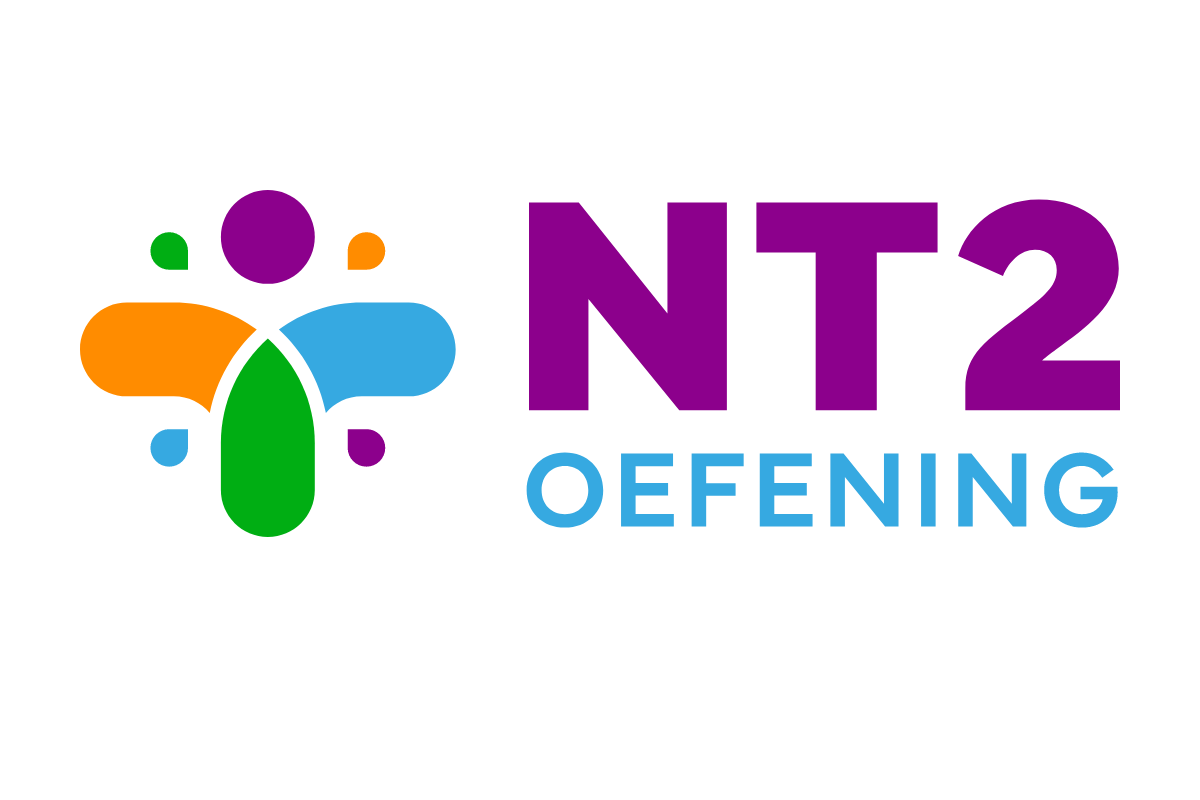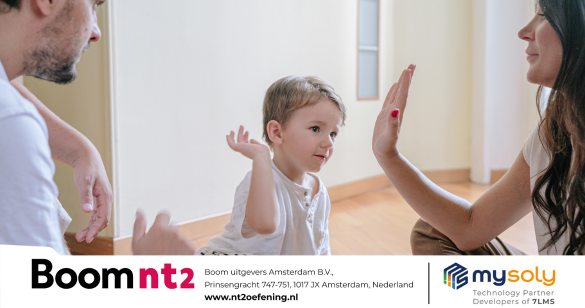In today’s interconnected world, raising children to be multilingual can be a game-changer. Because it offers them a plethora of advantages. So, it requires careful consideration. Multilingual parenting is a journey of love, curiosity, and growth. Because parents hold the key to unlocking a world of opportunities for their little ones.
The Advantages of Multilingual Parenting
Cognitive Superpowers Unleashed
Multilingual children often exhibit enhanced cognitive abilities, such as improved problem-solving skills and increased creativity. Research suggests that navigating between languages boosts brain development, resulting in better executive functions and multitasking abilities. As a result, multilingual children tend to excel academically and demonstrate a keen ability to think critically.
Empathy and Cultural Understanding
Learning multiple languages nurtures empathy and fosters a deeper appreciation for diverse cultures. Because children gain a more profound understanding of the world’s intricacies, breaking down barriers and building bridges between communities. So, this cultural awareness fosters open-mindedness, tolerance, and respect for people from all walks of life.
Future-Proofing Professional Prospects
In an increasingly globalized economy, multilingualism becomes a prized asset for young professionals. As businesses expand their reach internationally, companies seek employees who can communicate fluently with clients and partners worldwide. Multilingual individuals are well-equipped to explore exciting career opportunities, broadening their horizons and enhancing their employability.
Improved Language Proficiency
Simultaneous language learning can lead to higher language proficiency levels in all languages spoken. Because young minds are like sponges, absorbing linguistic nuances effortlessly. Growing up in a multilingual environment allows children to develop a natural ear for different sounds and tones. And this results in authentic pronunciation and fluency in multiple languages.
Navigating the Challenges of Multilingual Parenting
Language Balance Struggles
Finding the right balance between languages can be challenging, but consistency and patience are key. Multilingual parents may face dilemmas regarding which language to speak at home or in social settings. However, setting clear language boundaries and sticking to language routines can help overcome this obstacle.
Societal Pressures
In some cases, society may frown upon multilingualism, leading to potential hurdles in a child’s linguistic development. People may mistakenly believe that introducing multiple languages at an early age confuses children or hampers their language development. Nevertheless, extensive research has debunked these myths, showing that multilingual children have cognitive advantages and learn to switch between languages seamlessly.
Time and Effort Demands
Multilingual parenting requires extra effort and time to ensure children receive adequate exposure to each language. Juggling multiple languages might be time-consuming, and some parents may worry about sacrificing other essential activities. However, incorporating language learning into everyday routines, such as during playtime or mealtime, can make the process more manageable and enjoyable.
Potential Language Delay Myths
Contrary to popular belief, multilingualism does not cause language delay; children are linguistically resilient. Some parents fear that introducing multiple languages might slow down their child’s language development. On the contrary, children’s brains are wired to absorb and differentiate languages, leading to well-developed linguistic skills over time.
Practical Tips for Embracing Multilingual Parenting
Start Early, Start Strong
Introduce languages from infancy to tap into the brain’s language-learning potential. Babies are born with the ability to distinguish the sounds of all languages. And early exposure helps lay a solid foundation for future language proficiency.
Create a Multilingual Environment
Surround your child with books, music, and activities in each language to encourage learning. Label objects in the house with their respective names in different languages. Because this creates an immersive environment that sparks curiosity and exploration.
One Parent, One Language (OPOL)
Adopt the OPOL strategy where each parent speaks a different language consistently. This approach helps children distinguish between languages and understand their individual contexts and social settings.
Language Playdates
Organize playdates with other multilingual families to boost language exposure. Interacting with peers who speak different languages not only enhances language skills but also fosters a sense of cultural appreciation and inclusion.
Utilize Technology
Explore language learning apps and online resources tailored to children’s needs. Engaging multimedia content can make language learning fun and interactive. And this keeps children motivated to explore diverse linguistic experiences.
Celebrate Cultural Events
Embrace cultural festivities to reinforce the importance of multilingualism and diverse backgrounds. Participating in cultural events and celebrations provides children with a firsthand experience of their heritage and instills a sense of pride in their cultural identity.
A Towering Future Awaits
Multilingual parenting is a gift that keeps on giving, offering your child a broader perspective, a richer cultural tapestry, and a world full of opportunities. Embrace this journey wholeheartedly, for it is a path of growth and unity, nurturing a future that stands tall among the multilingual wonders of the world.
NT2 Oefening
To further enhance your integration and Dutch communication skills, NT2 Oefening will be a great way. It offers additional practice and interactive learning opportunities, helping you gain confidence and fluency in Dutch. NT2 Oefening provides a reliable approach for the Dutch Civic Integration Exam, offering exercises, activities, and assessments to track your progress.
Whether you’re aiming to improve your conversational skills, expand your vocabulary, or refine your grammar, Nt2 Oefening offers a range of resources to support your Dutch language development. Try it now!
Follow us on social media!

